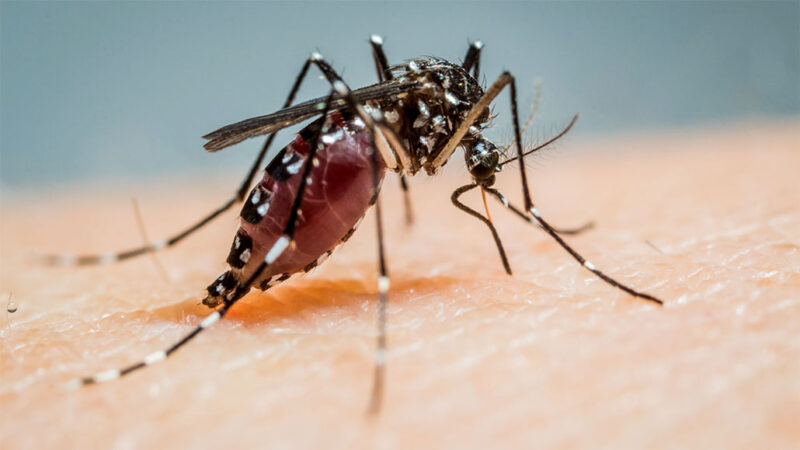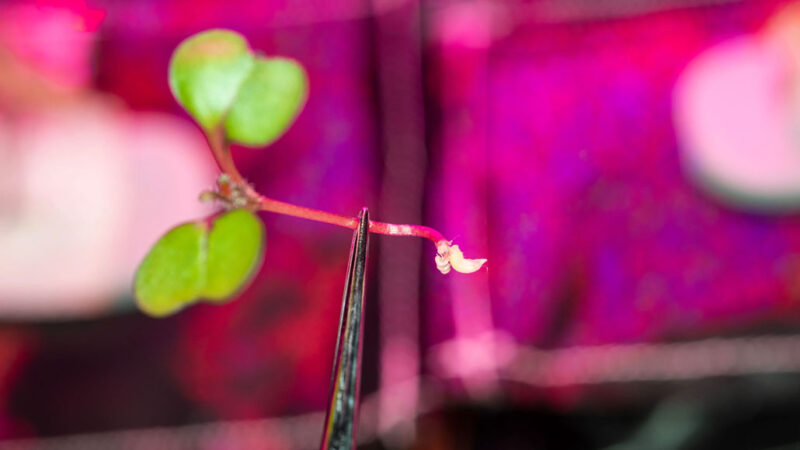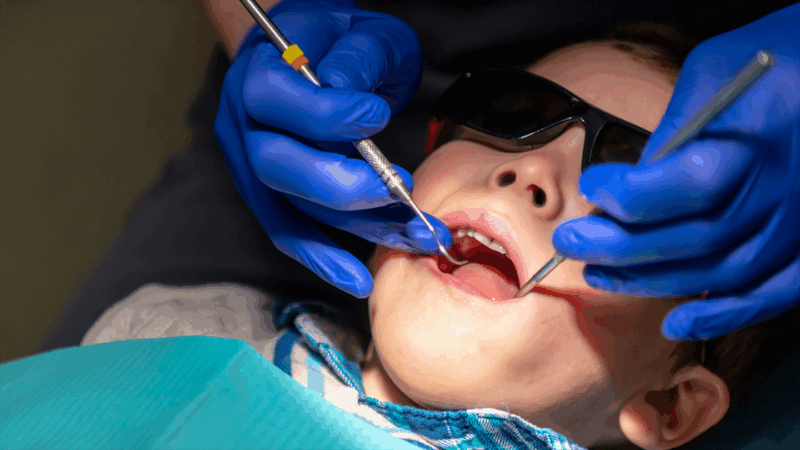At a summer barbecue, mosquitoes feast on some guests while luckier partiers stay bite-free. New research helps explains why: Some people just taste better.
“It feels personal sometimes, like why are they biting me?” says Lisa Baik. Baik is a sensory biologist at Yale University in New Haven, Conn. She studies how insects, especially mosquitoes, sense their world.
Mosquitoes like certain ingredients in sweat, Baik’s team now finds. The insects showed clear favorites, biting some sweat samples more than others.
“We’ve known that mosquitoes love us, and they are able to find us very effectively and land on our skin,” she says. “But we didn’t know what happens after that.”
Do mosquitoes love you? Blame your parents
Mosquitoes bite people and other animals to get a blood meal. But these insects are sloppy eaters. They leave behind saliva in their target’s skin. That spit can carry harmful microbes that cause diseases, like malaria, dengue (DEN-gay) and yellow fever. Such diseases can make people very ill and even kill.
Knowing what causes mosquitoes to bite — or not — can help researchers create better ways to stop them.
The team shared its new insights last November in Nature.
Sweating it out
One clue is that mosquitoes are able to taste the surfaces on which they land, Baik’s team finds. In fact, sweat may play a big role in whether they bite. Human sweat contains water, salt and amino acids (the building blocks of proteins).
To see what mosquitoes prefer, the researchers put salt and amino acids on separate surfaces. Mosquitoes ignored the salt. They also didn’t go for the amino acids. But when the team combined both on the same surface, the mosquitoes bit.
In another experiment, researchers coated one side of a surface with sweat samples from several volunteers. Mosquitoes bit sweat from two of those people much more than from the others.
The researchers then looked at activity in certain mosquito nerve cells involved in taste. The more-appealing sweat had a bigger effect on the activity of these nerves than the other sweat samples had. That suggests taste “could be one of the factors as to why some of us get bitten a lot more than others,” Baik says. “This was quite exciting.”
These Asian tiger mosquitoes slurped up differently colored solutions that mimic blood. L. Baik
A taste for sugar
Baik wanted to explore how taste might drive mosquitoes’ choice to bite or not.
Tasting requires touch. We use our lips, mouth and tongue to taste. Mosquitoes do, too. A long tube extends from their face like a giant straw. At the end of that proboscis are two small, lip-like parts that can touch a surface. These are called labella.
The researchers examined those labella using a special microscope. The lips had little hairs on them. Nerve cells inside the hairs responded to touch.
Then the team tested how the hairs responded to different flavor molecules. When sugars touched the hairs, they activated the nerve cells. Some bitter compounds, though, blocked the nerve cells’ response to sugar. “This was exciting and surprising,” says Baik. This type of activity blocking, she notes, hasn’t been seen in other insects.
Adding such bitter substances to sugar reduced the nerves’ response to sweet. It also made the mosquitoes less likely to feed. “This suggested that we could use bitter compounds as a way to stop the feeding behavior of mosquitoes,” says Baik.
“This team was really the first to systematically show what the taste cells in this mosquito actually respond to,” says Ben Matthews. He works at the University of British Columbia in Vancouver, Canada. Though he did not take part in the new work, Matthews studies insect sensory systems. The new work “showed not just how these chemicals are processed, but how that affects behavior.”
Baik is now hunting for just the right compound to stop mosquitoes from biting people. The substance should be low-cost, safe and eco-friendly. It could someday be included in a spray for skin and clothing.
And better mosquito protection is more urgent than ever, Baik adds. Climate change is expanding the range of certain mosquitoes — and the diseases they spread — at an alarming rate. Methods to prevent mosquito bites could protect people worldwide.
Do you have a science question? We can help!
Submit your question here, and we might answer it an upcoming issue of Science News Explores

















